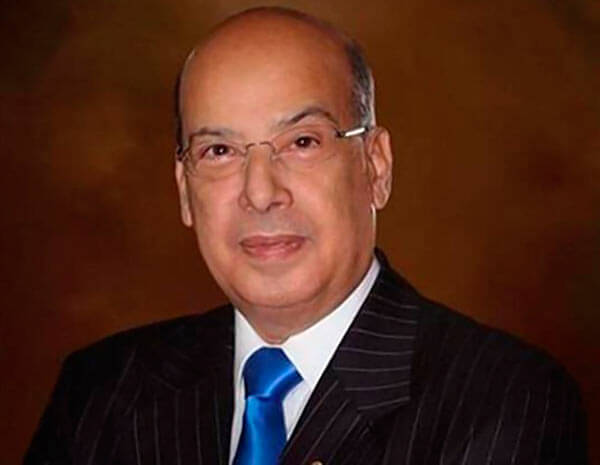With LIAT facing a cash crisis that could shut down the airline, Caribbean governments are in a series of meetings aimed at saving the lifeblood regional transport system, but they appear to be skirting around the main issue — their taxes that make air travel costly.
Reports are that unless LIAT gets an immediate injection of $5 million this island-hopper plane service that connects these tiny islands will go under, so Chairman and Prime Minister of St. Vincent and the Grenadines, Ralph Gonsalves, has over the past week led several meetings of prime ministers whose countries depend on the service the most, and unions representing staff.
In spite of its service to most Caribbean islands on the southern end of the archipelago from Antigua and Barbuda — 491 flights across 15 destinations weekly — only Barbados, Antigua, Dominica and St. Vincent have shareholder ownership in this airline that almost by itself connects people of the region.
Based on the little revelations in reports coming out of the meetings, the thrust appears to be getting governments of countries benefitting from this service to fork out some cash towards the airline, and convincing unions that staff should take a pay cut, or at least not demand increases for a while.
Along with the current shareholders, other major beneficiaries of LIAT Guyana, Trinidad, Grenada, St. Lucia and St. Kitts and Nevis are being targeted for monetary relief. Efforts are also afoot to convince these non-shareholder countries to contribute by purchasing ownership of the vital airline.
Grenada has already promised some money, Guyana and St. Kitts and Nevis have been silent.
Trinidad said a flat no, and instead wants a feeder relationship between LIAT and its national air carrier, Caribbean Airlines, in which they complement each other on air routes services.
But amidst all the hang-wringing statements from regional leaders, reports coming out of the talks indicate that the prime ministers and other officials are ignoring the proverbial elephant in the room, the exorbitant taxes with which their governments burden LIAT’s airline tickets.
Leaders appear bent on pursuing low-hanging fruit such as curbing compensation for airline staff as a cost-cutting measure.
In 2018, some while before LIAT’s latest crisis, the Caribbean Development Bank conducted a study of what this air service needs to remain viable and concluded that among crucial changes is for regional governments to surrender their punitive taxes on the service.
“The existing key shareholders should convert CDB debt to equity; all regional governments should convert air transportation taxes owing by LIAT to equity; and governments should fund annual transition costs on a mutually agreed formula commensurate with the financial benefits LIAT is delivering to them today,” the Barbados Nation newspaper quoted in an excerpt from that CDB report.
Another newspaper, Barbados TODAY, reported on the frustration of CDB President, Warren Smith, that regional governments are ignoring the most important recommendations of the report.
“I must confess that I am disappointed that those recommendations have not been taken on-board in the way in which we had anticipated they would have,” Smith said.
When the tax structure on LIAT’s tickets is examined, the CDB president’s dismay at regional leaders is easily understood.
For example, a return flight from Barbados to Guyana at the end of March 2019, for a two-week stay in that South American CARICOM country costs $243.85, of which $135.85 goes to taxes and fees.
The apparent unwillingness of CARICOM governments to relinquish their exorbitant taxes on intra-Caribbean travel brings into question their commitment to regional integration.

























